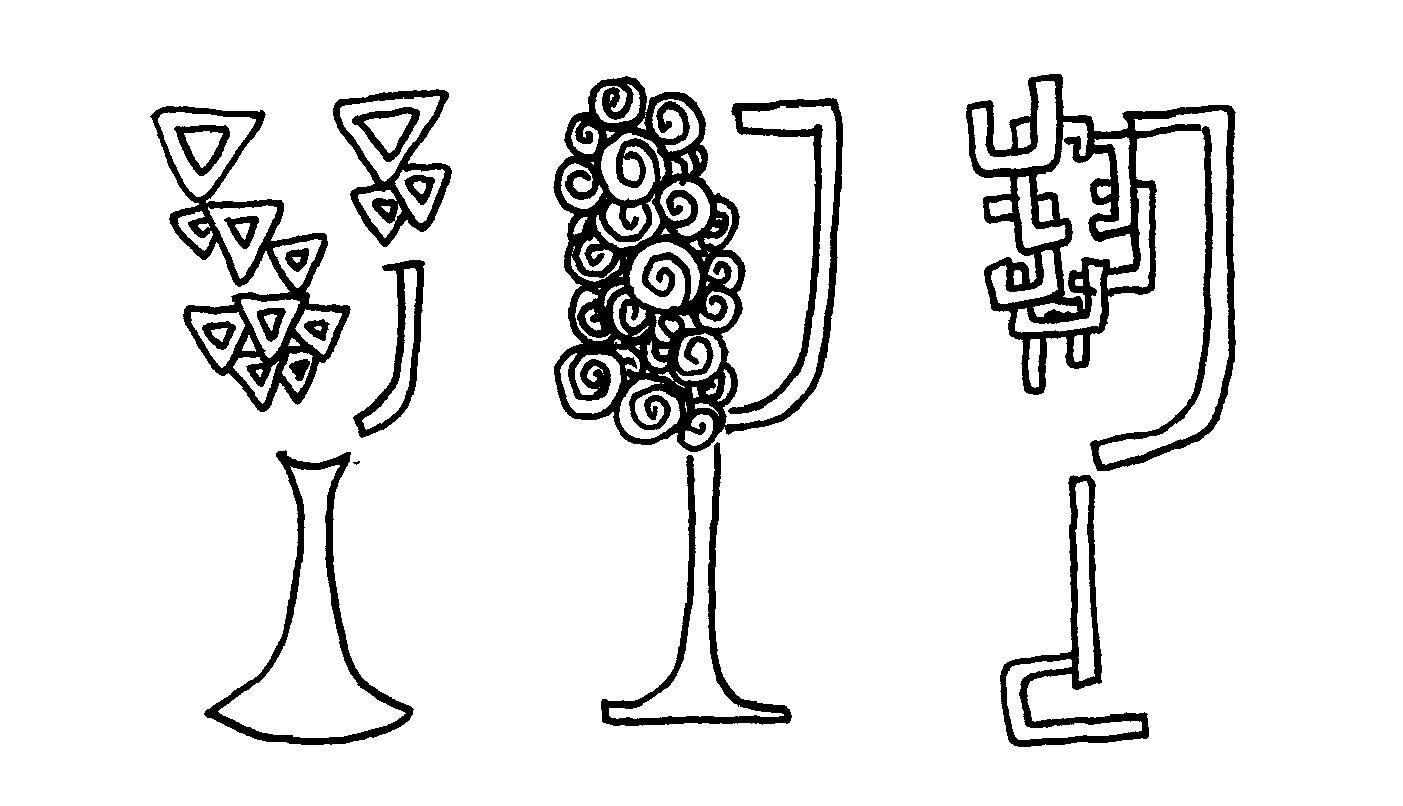Why would one of the oldest wineries in Chianti leave the Chianti DOCG?
Why would a producer want to leave the Chianti DOCG, declassify their wines, and label them as IGT Toscana instead, foregoing the word “Chianti” altogether?
It’s more common than you might think! Especially because, as Maria says earlier in the interview, the rules for Chianti DOCG, Chianti Classico DOCG, and all their sub appellations are dictated more by historical and political factors than anything to do with terroir or the quality of the wines.
Here’s a little clip for y’all from our full Chianti class with Maria Borsa of Pācina wines.
Pācina is one of the oldest wineries in the Chianti Colli Senesi DOCG. In 2008, Maria’s family decided to leave the appellation and declassify their wine.
Declassifying means that a winemaker chooses, for one reason or another, to classify their wines according to a lower tier. They can no longer label their wines by the DOCGs Chianti or Colli Senesi, for example, which are words that are recognizable, have clout, (and ultimately would help a wine sell). Instead, they have to label their wines by the lower, less esteemed classification: IGT Toscana.
Why would anyone do this?
Maria says that because they make their wines with minimal intervention (aka natural winemaking) and because they use a high concentration of Sangiovese in their blends (which is traditional in their area), they must age their wines for quite a long time before they are released to the public.
(This long aging mellows the wine and softens the harsh tannins that are common in young Sangioveses. It also gives the wine, a natural living product, time to come into its own and stabilize. A non-natural winemaker could make more use of technological processes such as micro-oxygenation to soften the tannins quickly and other chemical additions that stabilize a wine without needing the help of time.)
The Colli Senesi DOCG, because they are swayed by trends and the whims of the market, decided that wineries in the DOCG must release their wines young, only within a year or two of harvest.
Pācina knew that in order to make the best wines possible they could not follow these newly imposed rules. They needed to age their Sangiovese-forward wines for at least six or seven years before releasing them. So when left with the choice between releasing premature wines or staying in the DOCG, they decided to leave the DOCG and accept the lower IGT classification.
Anyhoo, I love what their importer in the States says about their wines:
They cut through the ephemera of technology, fashion, ideology, and marketing…Giovanna and Stefano’s wines are neither tethered to rigid traditionalism nor adrift in nebulous experimentation; they feel like a natural fact—as if they could be no other way than how they are.
See if you can find any of these wines in your area! If you have a local, independent wine shop, ask them if they can bring them in. It might be helpful to tell them that Rosenthal is their importer. If they work with a distributor that brings in Rosenthal’s wines, then they might be able to order some in for you.
What do you think about leaving the DOCG and declassifying wines? Let us know in the comments below!
P.S. Are you a member of Sunday School Wine Society? We have so much more Chianti fun stuff for you! Eg, the story of the black rooster, downloadable handouts and more deets on labels (and exceptions to the rule), specific producer recommendations especially if you do want to splurge into the world of riservas and gran seleziones. Anyhoo, go here for all the Chianti knowledge.









The two grapes that really steal the show in your Bordeaux reds are Cabernet Sauvignon and Merlot. There’s a big difference in style between the two. So, how do they taste different, and how do you know which one you’re getting (cause it won’t say on the label)?